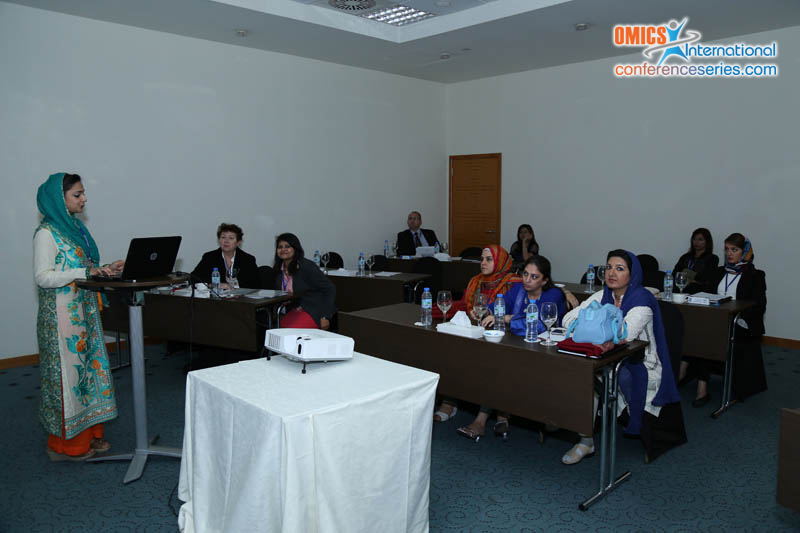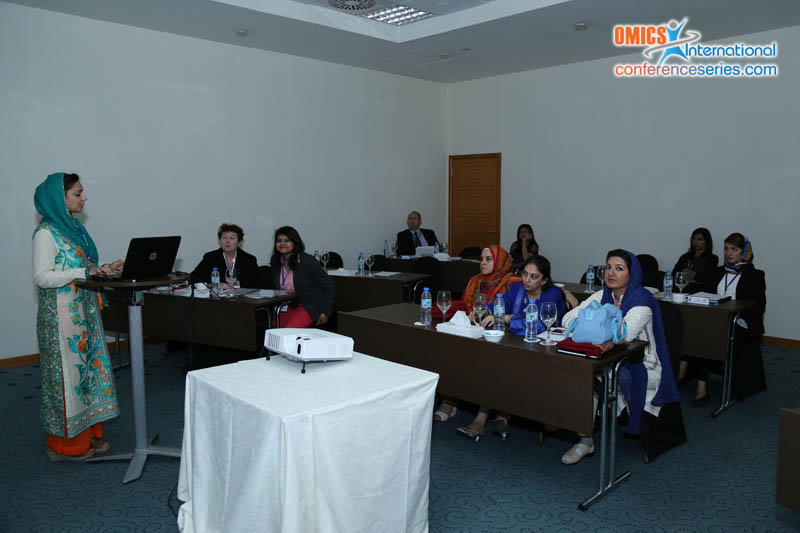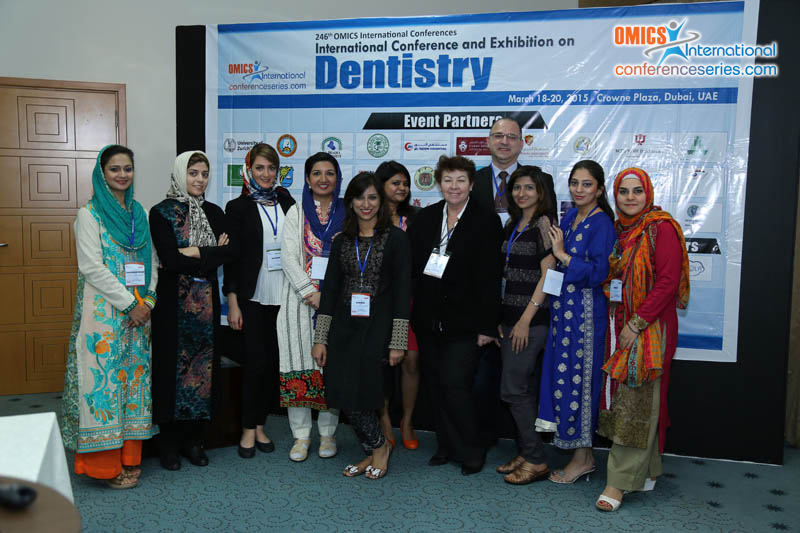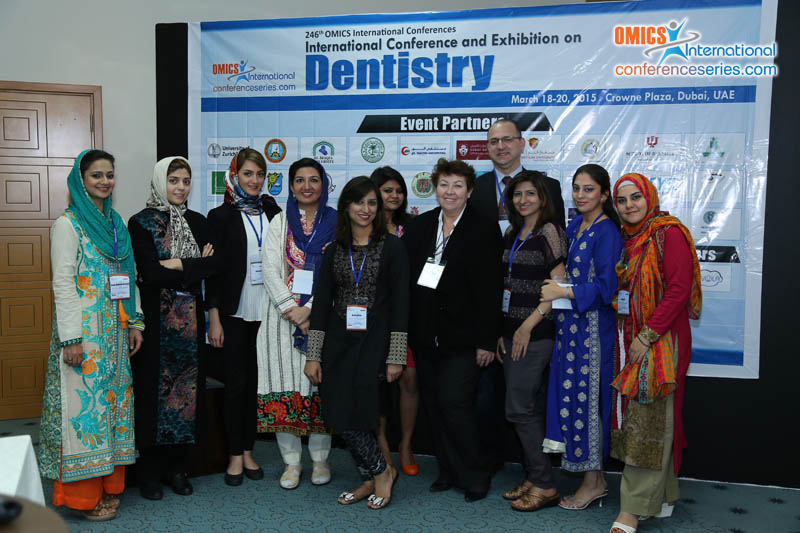Aisha Khoja
Aga Khan University Hospital Karachi, Pakistan
Title: Validity of Different Dental Age Estimation Methods in Pakistani Orthodontic Patients
Biography
Biography: Aisha Khoja
Abstract
This research aims to evaluate the validity of Demirjian’s (1973), Nolla’s (1960) and Willems (2001) methods of dental age estimation in Pakistani orthodontic patients (8-16.9years). It also addresses the validity of these methods in determining dental maturity across the gender and compares the difference between original Demirjian tables (based on French-Canadian standards) and tables formulated for Pakistani population by Sukhia et al. (2012). Orthopantomograms of 403 subjects (males: 176, females: 227) were examined for dental age assessment by different methods. Paired t-test and Wilcoxon signed-ranked test were used to determine significant differences between mean dental age (DA) and chronological age (CA) among different age groups. Correlations between DA and CA were assessed by the Spearman’s correlation (p=≤0.05). Nolla’s method under-estimated the DA in males (1.00±1.54) and over-estimated in females (0.21±1.64). DA was significantly advanced using Pakistani tables (males=0.32±1.17, females=0.38±1.33years) and Willems method (males= 0.31±1.09, females=0.29±0.48years). However, DA was better correlated with CA using Pakistani tables as compared to the French-Canadian standards. Earlier dental maturation was reported in girls than boys using Demirjian and Nolla’s methods. Strong and significant correlations were found between CA and DA according to all methods (p<0.001). Among all, Willem’s method was identified as the most valid method for dental age estimation in Pakistani orthodontic patients)
Speaker Presentations
Speaker PDFs
Speaker PPTs Click Here




